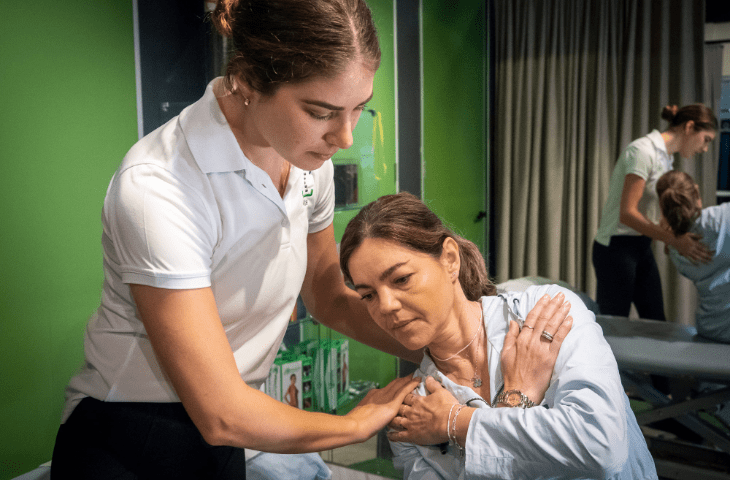
Low back pain is recognised as a big issue. But how big is it? Back pain is so common that it is nearly universal. 80% of people will have severe back pain at least once in their lives, and 25% experience it every day. It turns out that this is the leading cause of disability globally and is a continually increasing problem with disability rates escalating by 50% since 1990. Australia alone spends more than $5 billion a year treating back pain.
So why is it such a big problem? Firstly, back pain is not a disease like diabetes or appendicitis. It is a symptom. If you went to a doctor with pains in your tummy, you would not be diagnosed with abdominal pain. The source of the pain would be investigated, and you would be treated appropriately for a definitive cause. However, most people who have back pain never find a cause. It is estimated that only 1 in 6 people are given a definite diagnosis and the rest are considered as having what we call non-specific low back pain. Part of the reason for this is that the tests we do are not very specific. We use scans such as MRI, but they show things that are associated with ageing rather than disease. Often it is hard to tell the difference between the physiological changes of age and the pathological changes of a serious condition. Almost everyone has some changes on the scans that are reported as abnormal, and this makes it very confusing when trying to work out whether there is indeed a serious problem. Most of the time the only finding we have when assessing patients with back pain, is the pain itself. Relying simply on this symptom for a diagnosis is difficult, as pain is subjective, meaning each individual feels and reports pain differently, which makes it hard to measure and define.
The second reason back pain is such a problem is there is a strong association with psychological conditions. Back pain seems to be different to things like knee or shoulder pain in that it is very limiting. It affects almost all aspects of one’s life. This can lead to psychological distress, amplifying the pain and worsening the overall picture. If pain continues, it can lead to negative thoughts or what we call catastrophisation, meaning that we think the problem is much bigger than it really is. It is completely natural for us to worry when experiencing pain and limiting our movements. If this is prolonged, we develop a condition called fear of movement. We become physically inactive in hope of protecting our back and in turn become counter-productive and worsening the pain. Additionally, common psychological conditions such as anxiety and depression make the experience of pain more severe.
The third reason is that our treatments aren’t very effective. Despite advances in back pain treatments, the problem keeps getting bigger. Because we cannot make a clear diagnosis in most cases, it is difficult to find a specific treatment directed at the underlying problem. There are many available treatments for back pain and most of them have little scientific basis. Persisting with these types of treatments leads to ongoing frustration, anxiety and worsening of the problem. Even the scientific medical treatments that we have are largely ineffective. Rehabilitation can be useful but is not the solution for everybody. Pain management such medications and injections are only treating the symptoms and not the underlying problem in most cases. And lastly, surgery can be successful but only in a small percentage of patients.
As you can see, back pain is a very complex and significant health problem to the community. So far, treatments are not improving the situation. The best avenue we have as health professionals is to assess patients comprehensively as a team, ensuring all options are investigated. It starts with making a clear diagnosis if possible, only using treatments that are appropriate and have scientific basis and understanding that in some cases, the best option we have is to work out how best to manage living with our back pain rather than focussing on a cure.
